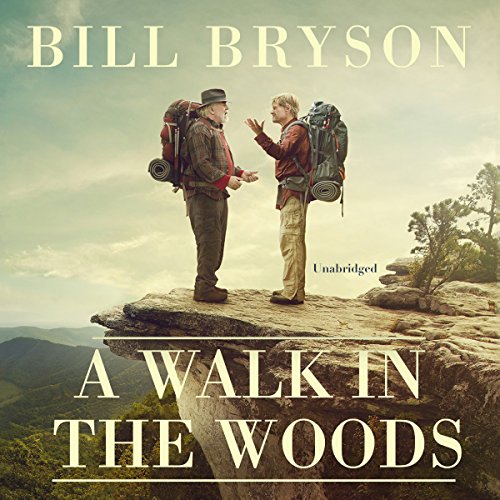
McGuire Bryson William (w2923)
- Alias-Pseudonimo-Pseudonyme: Bill Bryson
- Nationality-Nazionalità-Nationalité: USA
- Birth/death-Nascita/morte-Naissance/mort: 1951-
- Means of transport-Mezzo di trasporto-Moyen de transport: Various, Diversi, Différents
- Geographical description-Riferimento geografico-Référence géographique: Around the World, Giro del mondo, Tour du monde
- Internet: Visit Website
- Wikidata: Visit Website
- Additional references-Riferimenti complementari-Références complémentaires: Bryson, Bill. 2015. The lost continent: travels in small-town America.
Hits: 5848

 English
English  Italiano
Italiano  Français
Français  Deutsch
Deutsch 